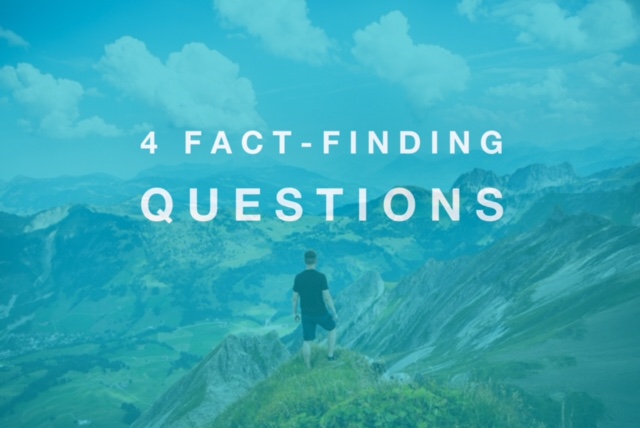
In my last post I said that we all need to become better fact-checkers because the stories we tend to use to fill in the blanks of our relationships all too often increase our anxiety and bring unnecessary stress to our relationships.
Now, think back to a recent event where what you assumed was going to happen didn’t happen at all and resulted in hurt feelings or a fractured relationship.
In The Stories We Tell Ourselves, I posed four questions to ask yourself after such an event:
- When you first learned about the situation, what did you assume to be true?
- When you learned the truth about the situation, what parts of your initial story turned out to be false?
- In between the time you assumed the truth and learned the actual truth, how did you treat the other person in this scenario?
- With the help of time and hindsight, what external stories (past hurts, your family, TV, etc.) may have filled the void of your initial story?
If you can honestly answer these question for yourself, you’ll begin to see the great difference between what you think you know about others and what you actually know about them.
As you become more aware of that difference, you’ll also become more aware of how you can better relate to the real people in your life instead of their made-up counterparts in your head. And that’s a key step toward becoming a person of presence, as well as one whom experiences less anxiety and relational stress.
Leave a Reply